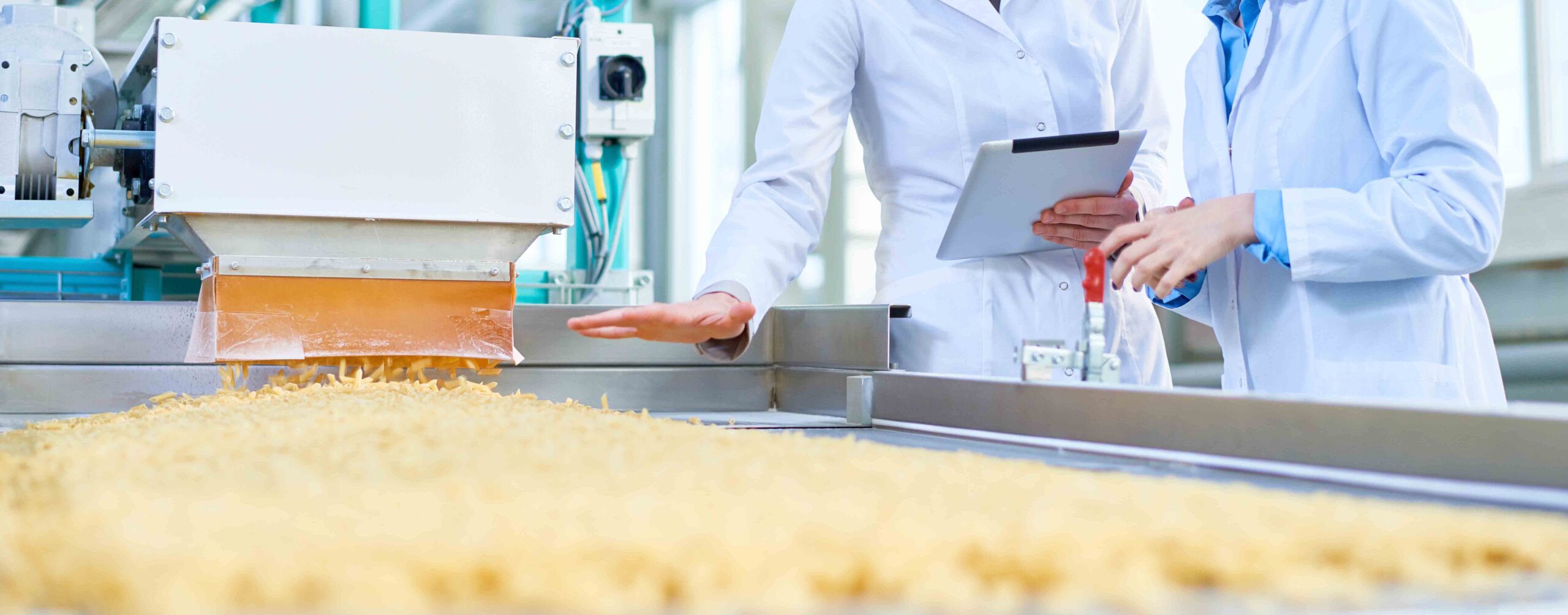ISO compliance's, Audit and Certification Support Done. Contact us if you have a specific query about certification or training or would just like to explore how management standards can help your organisation
Write to us to know more about our services

ISO 22000 food safety is a truly international standard suitable for any business in the entire food chain, including inter-related organizations such as producers of equipment, packaging material, cleaning agents, additives and ingredients.
ISO 22000:2005 is also for companies seeking to integrate their quality management system, for example ISO 9001, and their food safety management system.
The ISO 22000 standard combines generally recognized key elements to ensure food safety along the food chain, including:
Why to choose ISO 22000 Certification in UAE?
ISO 22000 Certification in UAE(FSMS) stands as a pivotal choice for businesses seeking to uphold rigorous food safety standards. This accreditation guarantees the manufacture and distribution of high-quality, safe food items by guaranteeing adherence to internationally established norms. Companies in the UAE show their dedication to excellence in food safety management by choosing ISO 22000, which helps them become more credible in the marketplace and win over customers’ trust. This accreditation improves overall efficiency and competitiveness within the sector by guaranteeing compliance with global norms and streamlining internal operations.
How Does ISO 22000 Certification in UAE(FSMS) is beneficial for an organization?
ISO 22000 certification in UAE(FSMS) is highly beneficial for organizations as it helps to ensure food safety and quality management systems.
1. This certification provides a framework for companies to establish and maintain internationally recognized standards in their food production and handling processes.
2. By obtaining this certification, organizations can demonstrate their commitment to delivering safe and high-quality food products to consumers. It also helps in building trust and credibility among stakeholders, including customers, suppliers, and regulatory authorities.
3. Additionally, ISO 22000 certification can contribute to the improvement of overall operational efficiency and cost reduction, as it encourages organizations to adopt best practices and mitigate food safety risks.
4. Overall, this certification is a significant advantage for organizations operating in the food industry in the UAE, as it enables them to meet global standards and stay competitive in the market.
Reasons to get ISO 22000 Certification in UAE
1. Increased ability to abide by legal requirements.
2. Resource optimization throughout the supply chain as well as private resource allocation.
3. Keeps your market stable and robust.
4. Lowering risks to increase revenue.
5. It increases client trust and satisfaction.
6. It promotes constant improvement.
Process of ISO 22000 Certification in UAE
ISO 22000 certification in UAE(FSMS) is highly beneficial for organizations as it helps to ensure food safety and quality management systems.
1. This certification provides a framework for companies to establish and maintain internationally recognized standards in their food production and handling processes.
2. By obtaining this certification, organizations can demonstrate their commitment to delivering safe and high-quality food products to consumers.
3. It also helps in building trust and credibility among stakeholders, including customers, suppliers, and regulatory authorities.
4. Additionally, ISO 22000 certification can contribute to the improvement of overall operational efficiency and cost reduction, as it encourages organizations to adopt best practices and mitigate food safety risks.
5. Overall, this certification is a significant advantage for organizations operating in the food industry in the UAE, as it enables them to meet global standards and stay competitive in the market.
1. Introduce internationally recognized processes to your business
2. Give suppliers and stakeholders confidence in your hazard controls
3. Put these hazard controls in place across your supply chain
4. Introduce transparency around accountability and responsibilities
5. Continually improve and update your systems so it stays effective